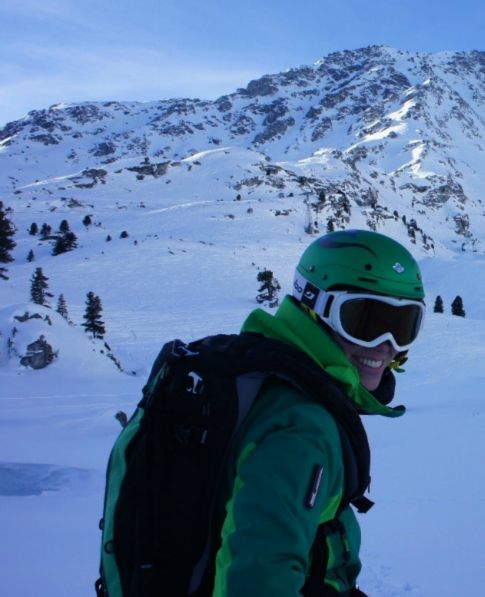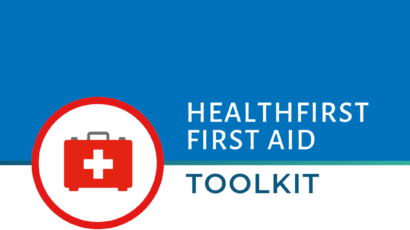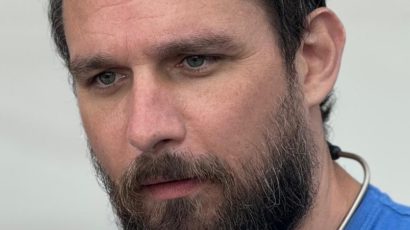It was very upsetting to hear about Michael Schumacher’s recent accident on the slopes of Méribel, France and our thoughts are with him and his family.
Since the accident happened, there has been a lot of discussion in the media about helmets for winter sports. Should helmets be compulsory for everyone? Do they really protect against head injuries? After all, Schumacher was wearing one yet he still sustained a serious head injury. In fact, the doctors looking after Schumacher have said that if he hadn’t been wearing a helmet, he would likely have died on the slope where he was injured.
Wearing a helmet is certainly becoming more popular. In Europe, people in the lift queues NOT wearing a helmet are the ones starting to stand out. Taking Switzerland as an example, according to the Swiss Council for Accident Prevention, 87% of skiers and snowboarders wore a helmet on the Swiss pistes during the season 2012/13. This is compared to just 16% 10 years ago.
The absolute risk of sustaining an injury whilst skiing or snowboarding remains very low. There are somewhere between 2-4 injuries for every 1000 days spent on the slopes. This means that happily, most of us will enjoy skiing all of our lives and not sustain any significant injury.
Head injuries make up between 10-15% of skiing related injuries. But serious head injuries, like those sustained by Schumacher are rare. Children have a higher risk of head injury than adults because of their smaller size with a comparatively heavier head, as well as having a more delicate brain.
There is growing evidence about the protective effects of helmets. In 2010, a meta-analysis of the research was published in the Canadian Medical Association Journal and it concluded that skiers and snowboarders wearing a helmet were 35% less likely than those without a helmet to sustain a head injury (i.e. to have bleeding or bruising to the brain if they fall and knock their head).1 However, remember that helmets can’t make a person invincible! Nothing can offer complete protection against high speed impacts – not even the most expensive helmet in the world can reduce the risk of death in such cases.
Previous arguments have been put forward that wearing a helmet increases the risk of significant neck injury, particularly in children who have a higher head to body weight ratio, but recent evidence has shown that this is not the case.1,2 There have also been worries that helmets can affect your hearing and your field of vision. There hasn’t been much research into this but one study showed that warning shouts can still be heard when a helmet is worn3 and another showed no differences in reaction time between people wearing a ski helmet and people wearing a hat.4
So, even though your overall risk of head injury is small when you ski, wearing a helmet on the slopes definitely seems to be a very good habit for all ages and for all ski abilities….and they keep your head warm on a cold day!
Always make sure the helmet fits well, the chin straps are always fastened snugly and that it meets an accepted standard for that particular snow sport. Look for the European Norm type EN 1077 for skiing and snowboarding helmets. Remember that any helmet that has suffered a significant impact needs to be replaced.
Enjoy this winter season and stay safe on the slopes.
By Dr Michelle Wright

1. Russel K, Christie J, Hagel BE. The effects of helmets on the risk of head and neck injuries among skiers and snowboarders: a meta-analysis. CMAJ2010;182:333-40.
2. Hagel BE, Russel K, Goulet C, Nettel-Aguirre A, Pless IB. Helmet use and risk of neck injury in skiers and snowboarders. Am J Epidemiol2010;171:1334-43.
3. Tudor A, Ruzic L, Bencic I, Sestan B, Bonifacic M. Ski helmets could attenuate the sounds of danger. Clin J Sport Med2010;20:173-8.
4. Ruedl G, Herzog S, Schöpf S, Anewanter P, Geiger A, Burtscher M, et al. Do ski helmets affect reaction time to peripheral stimuli? Wilderness Environ Med





